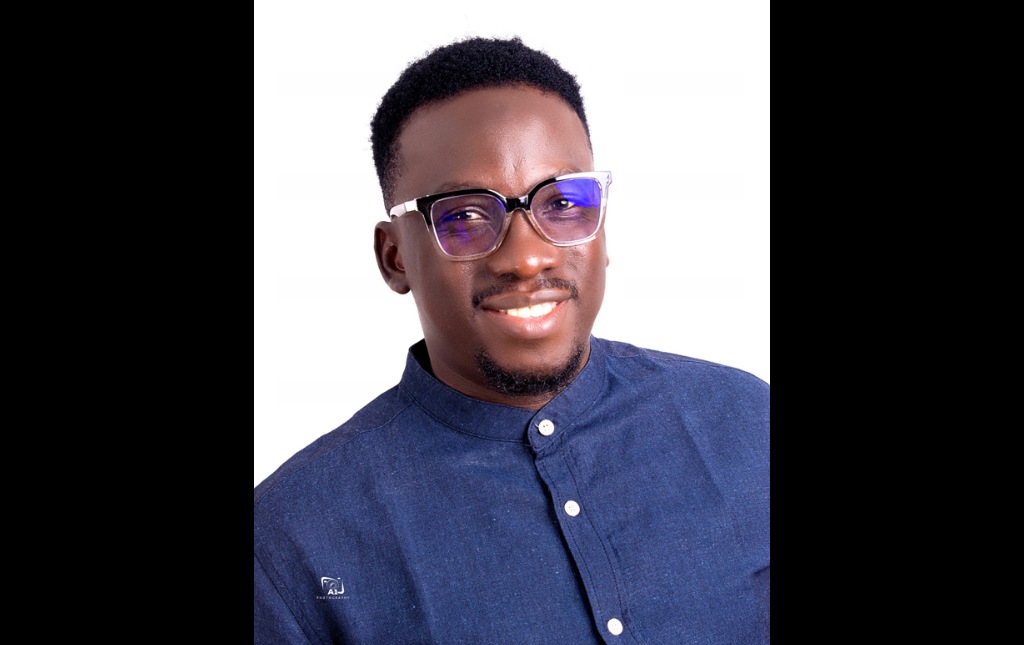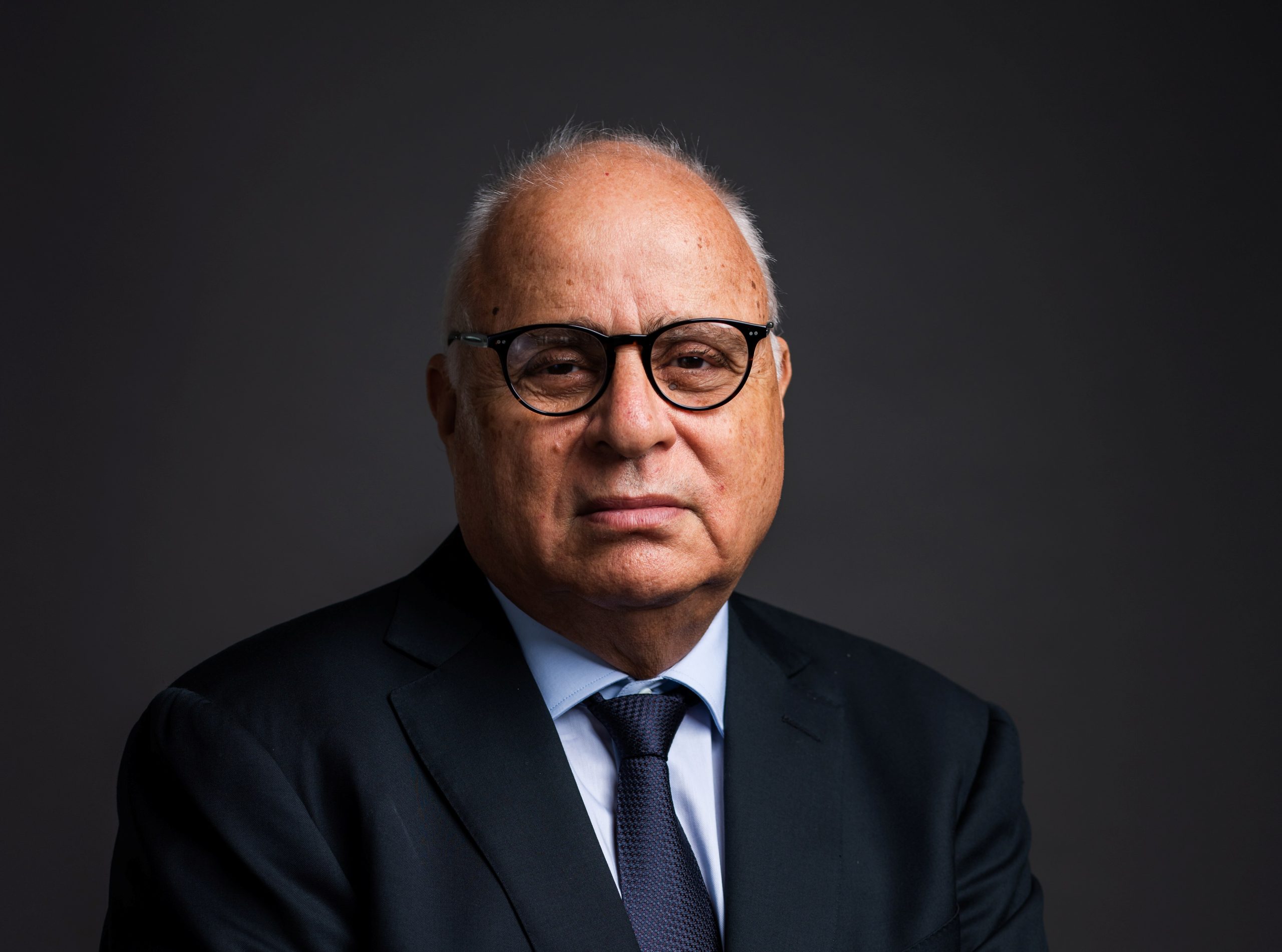A Passion for Excellence: Engr. Chichi Emenike’s Insights on Career Development and Girl-Child Education
Engr. Chichi Emenike, FNSE, is a highly accomplished professional in the oil and gas industry, with a distinguished career spanning over 26 years. She has developed expertise across the upstream, midstream, and downstream sectors of the industry, working with both multinational and indigenous companies.
Currently, she is the Acting Managing Director and Gas Asset Manager of Neconde Energy Limited (OML42).
With a strong foundation in Chemical Engineering and a Master’s degree in Oil and Gas Management, Engr. Emenike has built a remarkable career, beginning as a Project Engineer with ExxonMobil Nigeria Limited.
In this special report, Engr. Emenike shares her insights on her successful career, the challenges she has faced, and her advice for female professionals in the industry. Excerpts…
What inspired you to pursue Chemical Engineering?
Growing up, I developed a strong foundation in Mathematics and Science, which led me to pursue a degree in Chemical Engineering at university. As the first of four siblings, I cultivated a sense of responsibility and tenacity that enabled me to approach challenging subjects with confidence.
During my university years, I was part of a collaborative group of Engineering students who supported and motivated each other, which was very instrumental in our success. This experience taught me the value of teamwork and perseverance in overcoming academic challenges.
Can you walk us through your career trajectory?
Throughout my career, I’ve had the opportunity to work with various organizations, including multinational and indigenous companies, where I’ve made significant contributions to their growth and development. I started my career as a Project Engineer with Exxon Mobil Nigeria Limited in the upstream sector.
Over time, I expanded my experience to midstream and downstream sectors, and later returned to upstream. This journey has equipped me with a broad range of technical and leadership skills, and I’ve transitioned from technical roles to commercial and business development positions. I’ve also pursued additional education, to enhance my skills and knowledge.
Can you walk us through your professional journey and key milestones in your career?
Throughout my career, I’ve had a mix of experiences working with multinationals and indigenous companies, which has been beneficial. The industry demands high performance, and I’ve found that continuous self-development and hands-on work are essential.
One very memorable moment in my career includes signing a Finance, Technical and Services Agreement (FTSA) as one of the key team leads on OML42 with our JV partner NNPC E&P Limited (NEPL). This milestone marked a significant turning point in our business and was tasking as well as fulfilling to deliver.
I do a lot of pro bono work, including serving on the council of the Nigerian Gas Association (NGA) in various leading capacities for several years. Currently, I head the Study Group on Diversity, Equality, and Inclusion (DEI) and have been elected 2nd Vice President. Additionally, I’m a founding member of the Women In Energy Network (WIEN) and Vice President, Upstream.
I am also a Fellow of the Nigerian Society of Engineers (NSE), a certified member of the Council for the Regulation of Engineering in Nigeria (COREN), and a member of the Association of Professional Women Engineers of Nigeria (APWEN).
Balancing my career and family life has been a great achievement and I’m grateful for the support of my husband. As a mother to four children, two of whom are graduates, I’m proud to have managed this balance while making an impact in my profession.
What are the challenges you’ve faced in your career and how have you tackled them?
I’ve faced challenges balancing family life and work, particularly as a woman in a male-dominated industry. However, I’ve been fortunate to have a supportive spouse and understanding bosses. To overcome these challenges, I’ve focused on self-development, building skills and expertise whilst forming strong relationships. I’ve learned to be a team player and leader, balancing guidance with authority. By being authentic, strategic, and expert-driven, I’ve been able to own my space and earn recognition.
What advice do you have for aspiring female professionals in Nigeria?
To succeed, it’s crucial to have a deep understanding of your job and strive to exceed performance expectations. Key traits that can set you apart include authenticity, strategic thinking and expertise. Being open to feedback, continuous learning, and working smart are also essential. Taking ownership of your work and possessing soft skills like flexibility, adaptability and effective communication can make a significant impact on your success.
What are your thoughts on girl-child education in Nigeria?
I firmly believe that girl-child education is crucial for Nigeria’s sustainable development. The popular adage “train a woman, train a nation” underscores the significance of investing in girls’ education. Our patriarchal society is plagued by conscious and unconscious biases that need to be addressed through education.
Promoting girl-child education is essential for achieving gender equality and parity, which in turn can lead to increased economic growth, reduced inequality, and more stable societies.
An educated girl is better equipped to contribute positively to society from a position of knowledge and dignity. Education is a fundamental human right, not a privilege or luxury.






